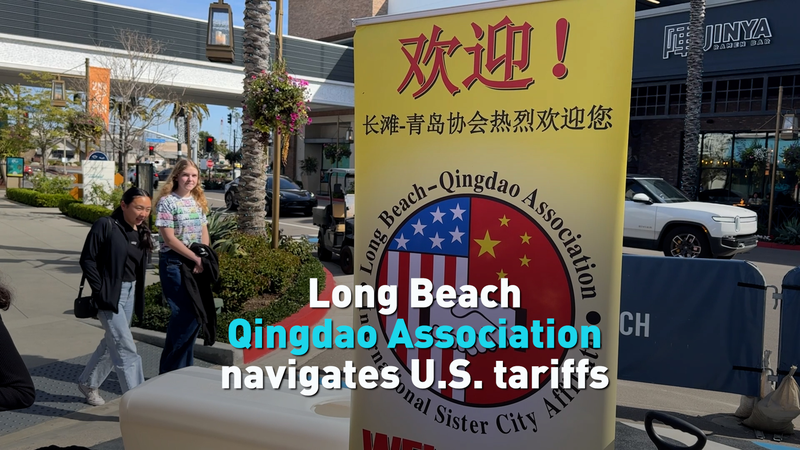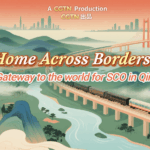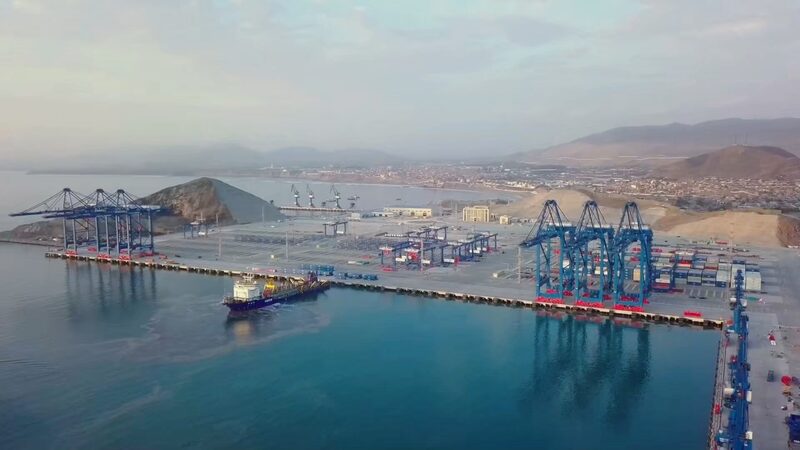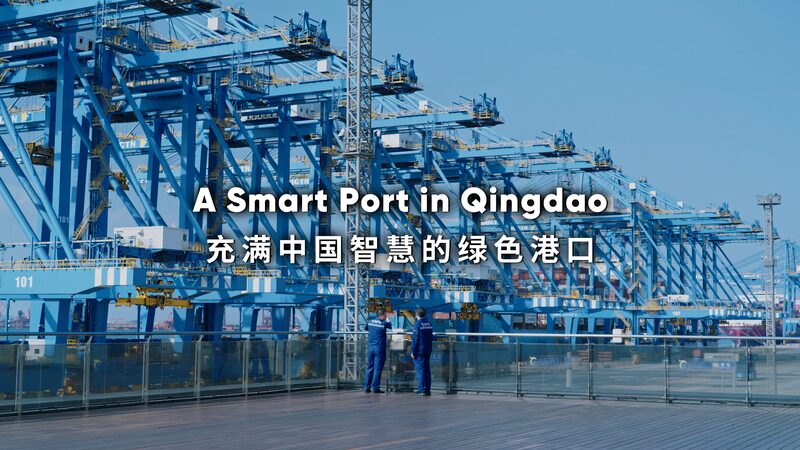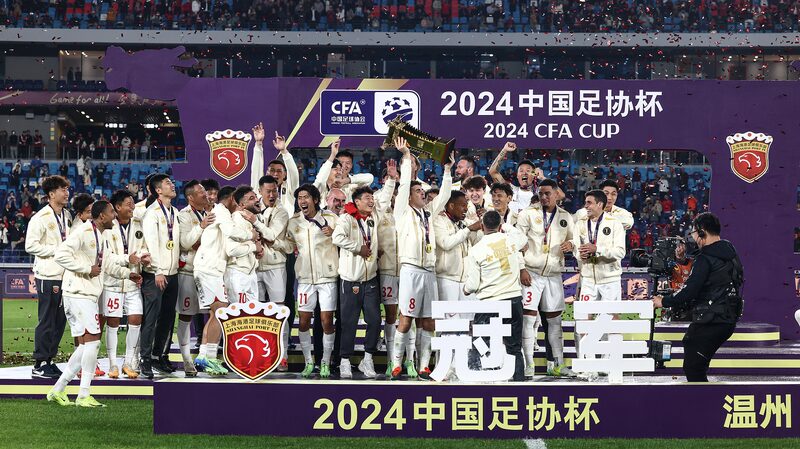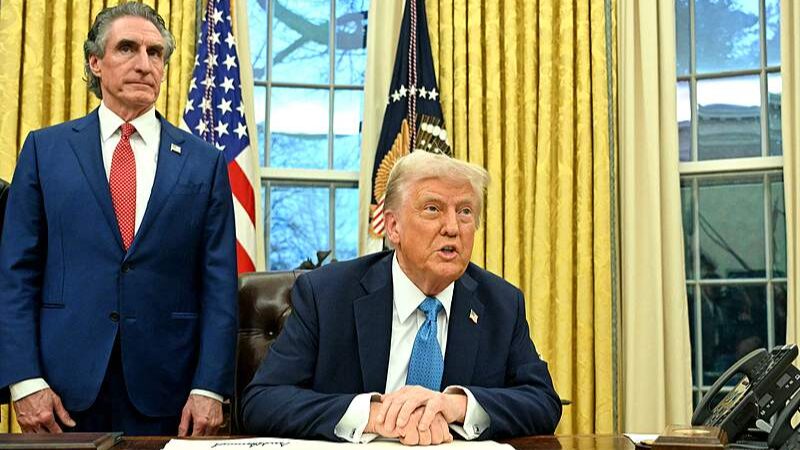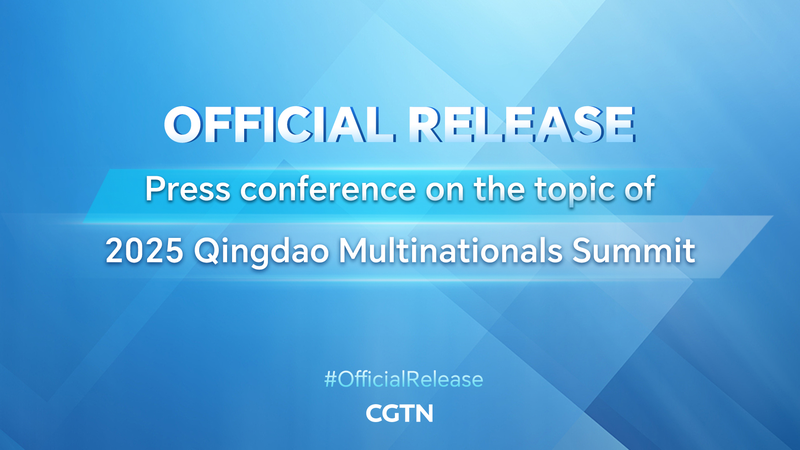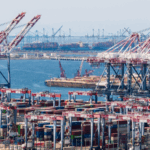As U.S.-China trade tensions persist, the Long Beach Qingdao Association has emerged as a key player in sustaining cross-Pacific business ties through decades-old interpersonal networks. The sister city partnership, established to foster cultural and economic exchange, now serves as a lifeline for businesses navigating complex tariff landscapes.
Long Beach officials highlight the irreplaceable value of face-to-face relationships cultivated since the 1980s, when the California port city first partnered with Qingdao, a major economic hub in China's Shandong Province. These connections enable real-time problem-solving for companies affected by shifting trade policies, from agricultural exporters to tech suppliers.
"Our sister city status isn't just ceremonial—it's operational," explained one Long Beach trade representative, speaking anonymously due to diplomatic sensitivities. "When new tariffs create bottlenecks, we have direct channels to troubleshoot through trusted counterparts in Qingdao."
The association's strategy focuses on three pillars: facilitating business matchmaking, sharing regulatory updates, and organizing trade delegations that bypass traditional bureaucratic channels. Recent efforts have helped California agricultural producers redirect shipments through alternative Qingdao-based distributors to avoid tariff-affected commodities.
While the U.S. and China continue high-level negotiations, this grassroots economic diplomacy demonstrates how localized partnerships can maintain trade continuity. The model is drawing attention from other sister city programs across North America and Asia seeking resilient alternatives to conventional trade mechanisms.
Reference(s):
cgtn.com
